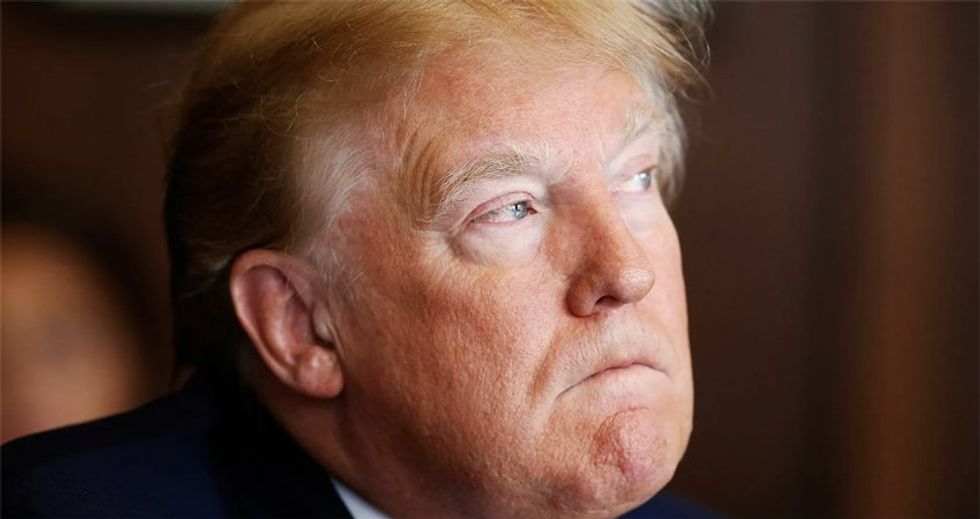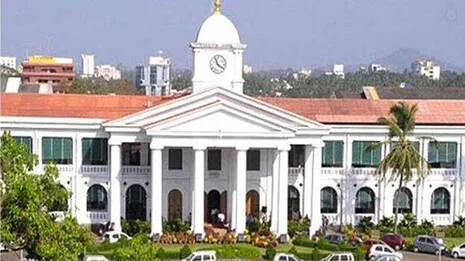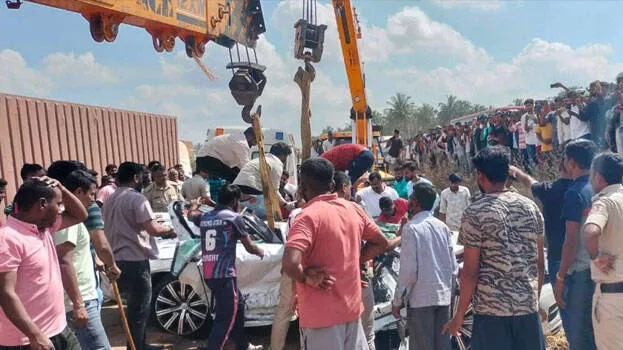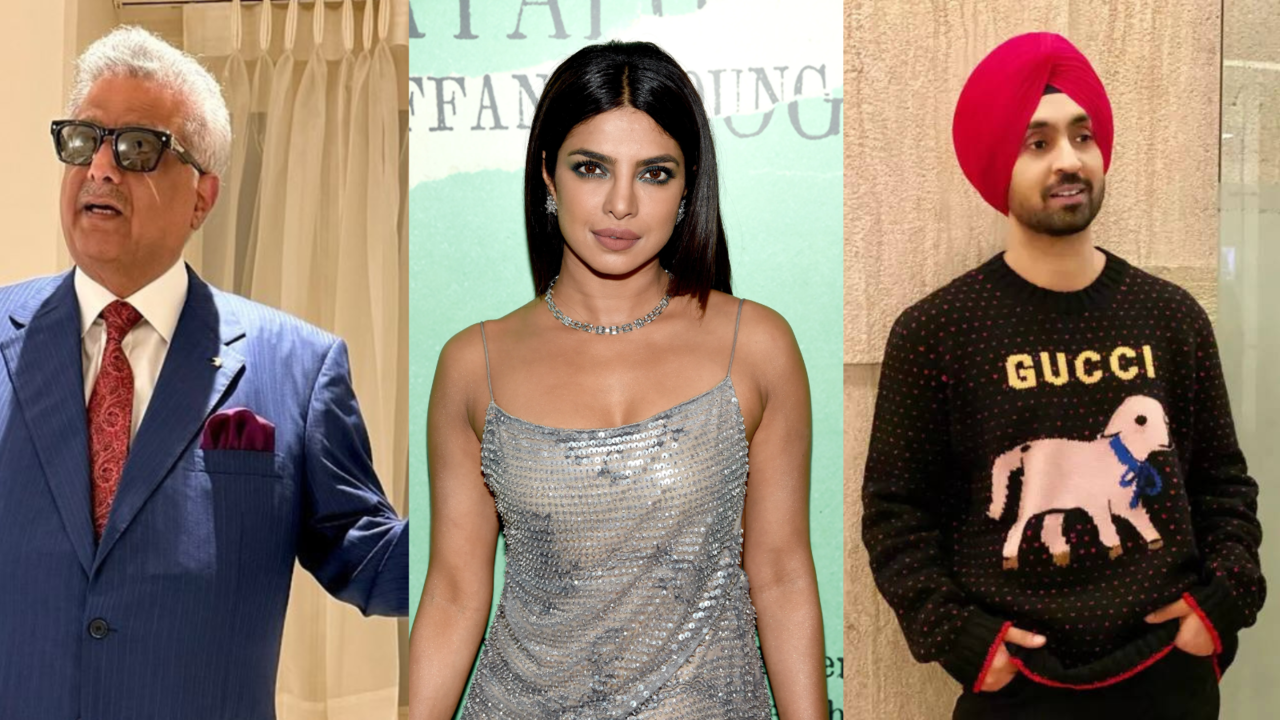
SEOUL — South Korea’s parliament voted on Saturday to impeach President Yoon Suk Yeol following his controversial martial law decree earlier this month. The move ended a period of political paralysis but ignited a fierce national debate over Yoon's fate. Jubilant crowds outside the National Assembly celebrated what they viewed as a victory for the country’s resilient democracy.
The National Assembly passed the impeachment motion by a vote of 204-85, leading to the suspension of Yoon’s presidential powers. Prime Minister Han Duck-soo assumed the role of acting president later that day. The Constitutional Court now has up to 180 days to decide whether to remove Yoon from office or reinstate his presidential powers.

If the court upholds the impeachment, a national election will be held within 60 days to elect a new president. This is the third impeachment of a sitting president in South Korea’s history, following the cases of Park Geun-hye in 2016 and Roh Moo-hyun in 2004. President Yoon’s impeachment followed his December 3 declaration of martial law, the first such decree in South Korea in over four decades.
Although the martial law lasted only six hours before being overturned unanimously by parliament, it caused significant political turmoil, disrupted diplomatic activities, and rattled financial markets. Opposition lawmakers and experts accused Yoon of rebellion, citing his use of military and police forces to block the National Assembly from voting on the decree. Yoon’s martial law order, they argued, violated constitutional provisions limiting its use to wartime or emergencies and undermined the principles of democracy.
The impeachment motion stated that Yoon’s actions constituted rebellion, accusing him of attempting to destabilize constitutional order and using force to interfere with the National Assembly's operations. Mass protests erupted across South Korea in the days leading up to the impeachment vote. Hundreds of thousands of people gathered near the National Assembly to demand Yoon’s removal, waving banners and chanting slogans.
A smaller group of Yoon supporters also held rallies, which remained largely peaceful despite the high tensions. National Assembly Speaker Woo Won Shik described the impeachment as a reflection of the people's "ardent desire for democracy, courage, and dedication." A public opinion survey released just before the vote showed that over 70% of South Koreans supported Yoon’s impeachment, while his approval rating had plummeted to a record low of 11%.
In a statement following his impeachment, Yoon vowed to continue serving the country despite the "temporary pause" in his presidency. "I will carry with me all the criticisms, encouragement, and support directed toward me, and I will continue to do my utmost for the country until the very last moment," Yoon said. He denied the rebellion allegations, calling his martial law decree an act of governance aimed at maintaining order.
In a fiery speech before the impeachment vote, Yoon described the opposition Democratic Party as “anti-state forces” and justified the deployment of troops to parliament as a means to ensure stability. However, testimony from military commanders has contradicted some of Yoon’s claims. Commander Kwak Jong-keun of the Army Special Warfare Command revealed that Yoon ordered troops to "break down the door and drag out lawmakers," an order he refused to execute.
Acting President Han Duck-soo has taken charge, focusing on maintaining governmental stability and addressing security concerns. Han ordered the military to strengthen its defense posture against potential provocations from North Korea and assured foreign governments that South Korea’s external policies remain unchanged. Yoon’s defense minister, police chief, and the head of Seoul’s metropolitan police agency have already been arrested, and several other senior officials are under investigation for their roles in the martial law declaration.
While Yoon remains immune from criminal prosecution as president, allegations of rebellion and treason fall outside the scope of this privilege, leaving him vulnerable to investigation, detention, and prosecution. — Agencies < Previous Page Next Page >.










